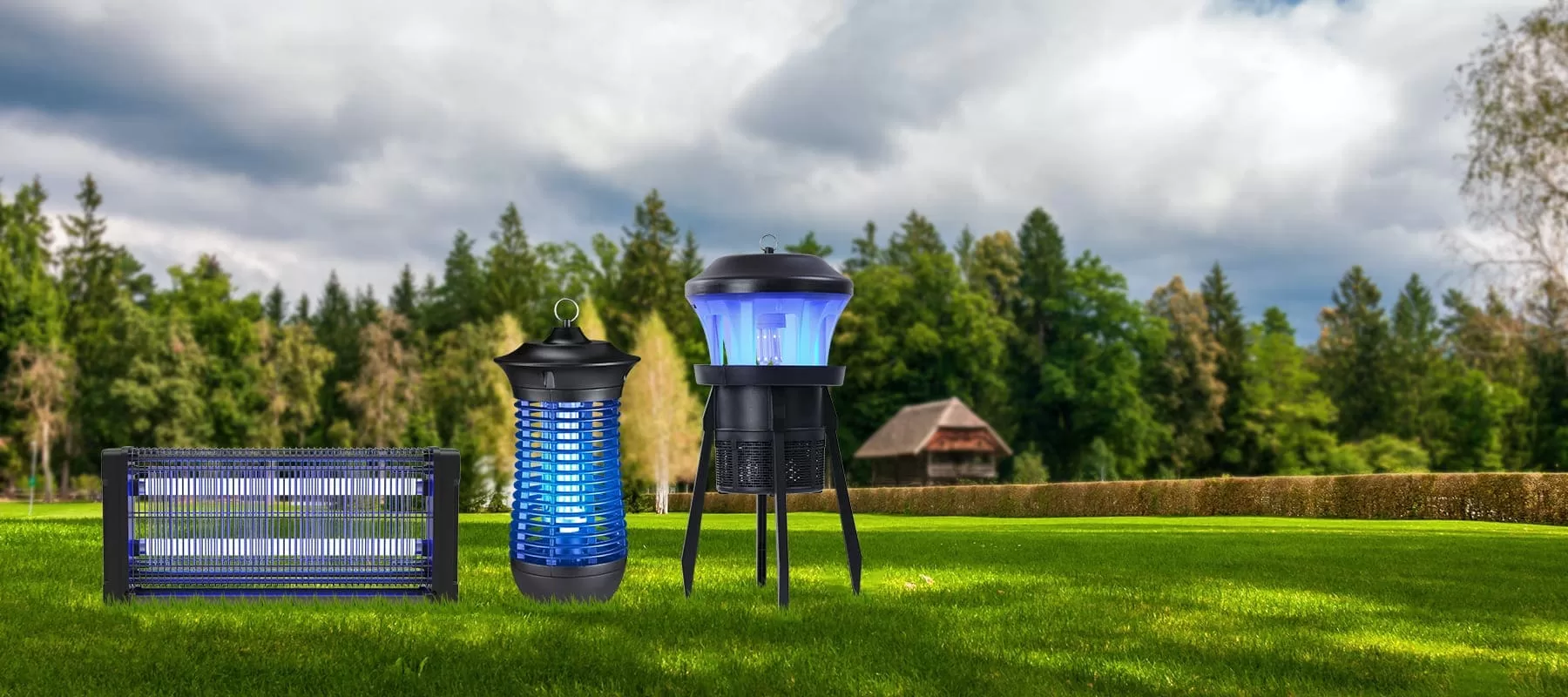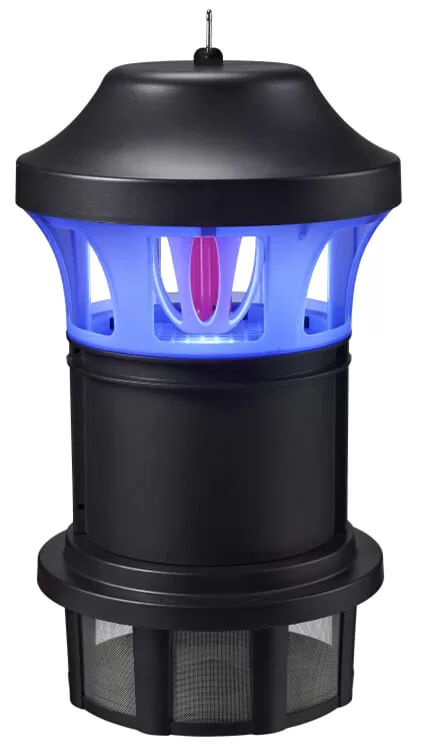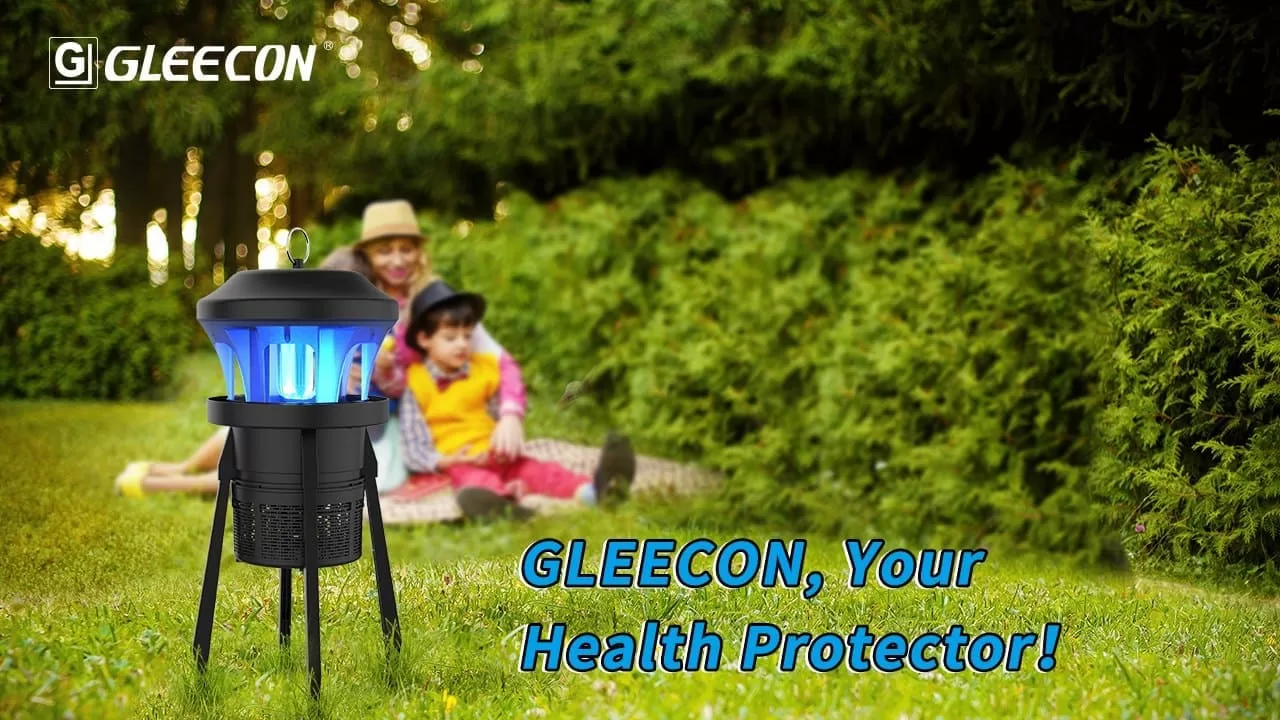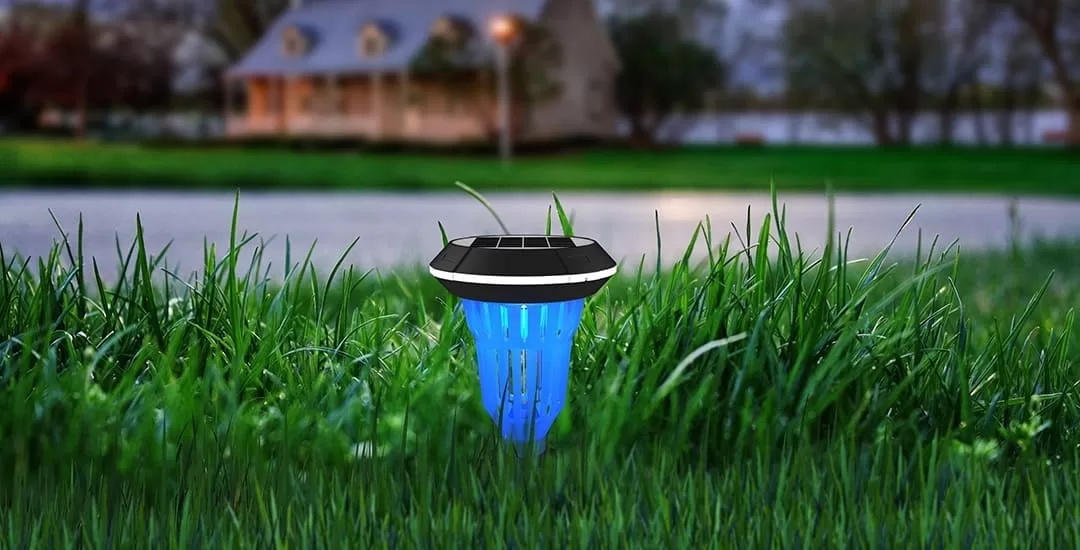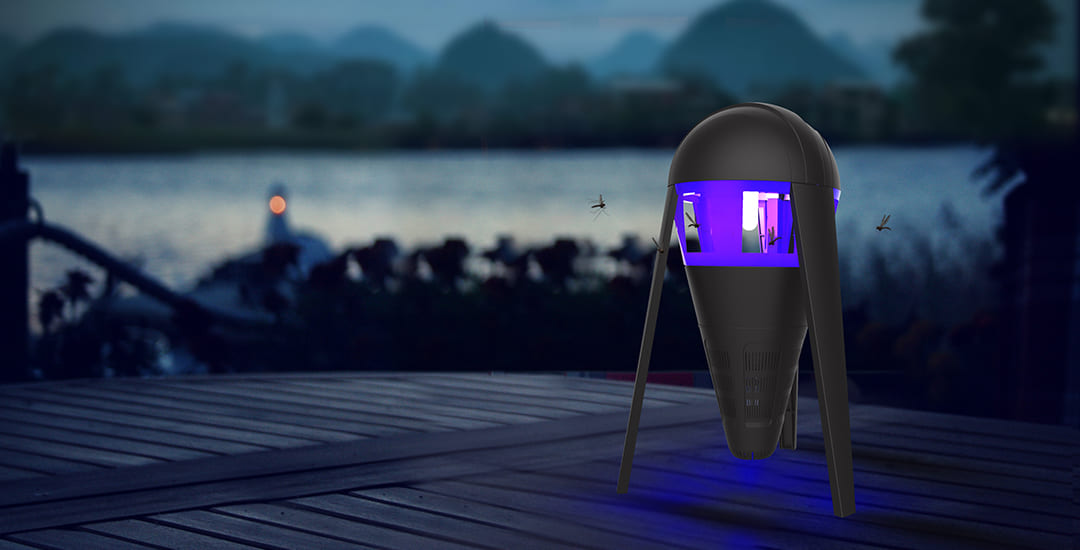Table of Contents
Introduction:
Mosquitoes are pesky insects that can ruin outdoor activities and pose health risks due to their ability to transmit diseases. To combat these bloodsuckers, various mosquito traps are available on the market. In this blog, we will compare two popular types of traps: CO2 mosquito traps and TiO2 mosquito traps. By understanding their mechanisms and effectiveness, you can make an informed decision on which trap to choose for your mosquito control needs.
Working Way of CO2 mosquito traps and TiO2 mosquito traps:
1.CO2 Mosquito Trap:
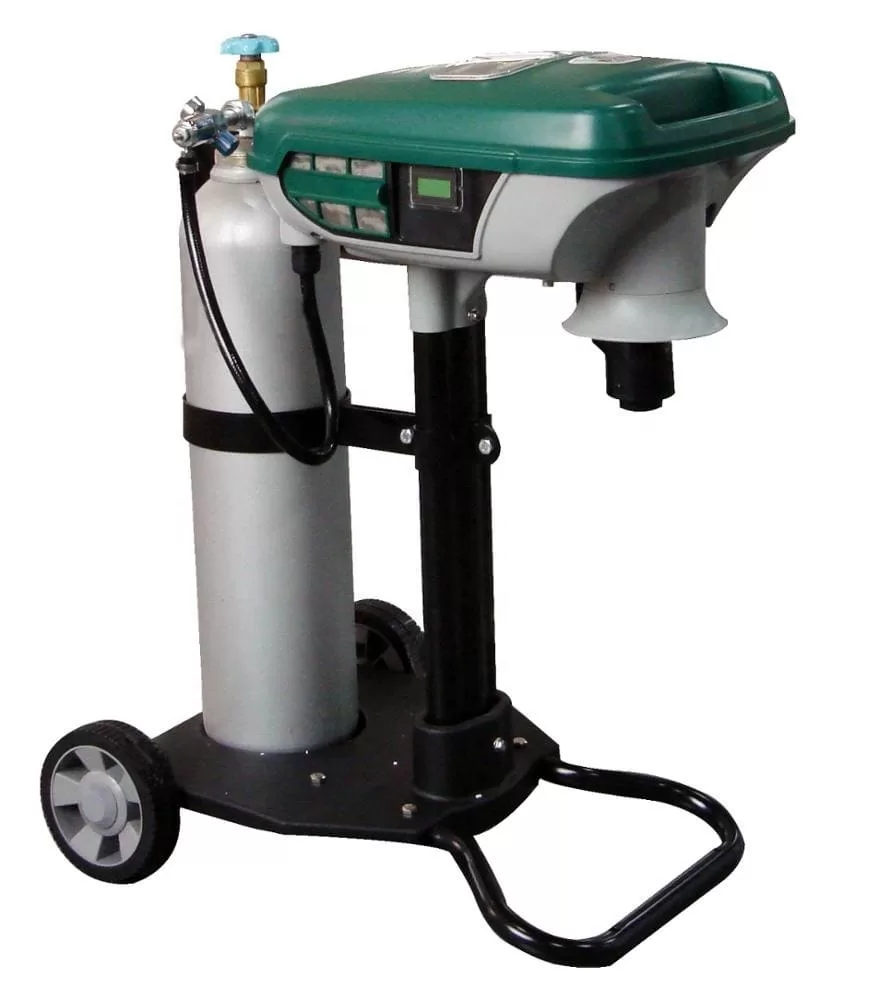
CO2 mosquito traps mimic the human breath, attracting mosquitoes primarily through the release of carbon dioxide. These traps utilize a combination of CO2, heat, and moisture to create an irresistible lure. Some CO2 mosquito traps use propane or butane burners to produce heat and release CO2, while others employ specially-designed cartridges or tanks to produce the gas. The idea is to attract mosquitoes from a distance and trap them through various mechanisms such as vacuum suction or sticky surfaces.
2.TiO2 Mosquito Trap:
TiO2 mosquito traps, on the other hand, employ a different mechanism to attract and eliminate mosquitoes. These traps utilize a combination of ultraviolet (UV) light and a titanium dioxide (TiO2) coating. When UV light interacts with the TiO2 coating, it produces a chemical reaction that generates carbon dioxide and water vapor. The release of CO2 and the visual lure of the UV light attract mosquitoes, while a fan or vacuum system captures and traps them.
Comparison between CO2 mosquito traps and TiO2 mosquito traps:
Now, let’s compare CO2 mosquito traps and TiO2 mosquito traps in terms of their effectiveness and other factors:
- Attractant:
Both types of traps rely on attracting mosquitoes, but CO2 traps directly release carbon dioxide, which is a powerful attractant for mosquitoes. TiO2 traps, on the other hand, produce CO2 indirectly through a chemical reaction. While both traps can effectively attract mosquitoes, CO2 traps may have a slight advantage in terms of lure intensity. - Power Source:
CO2 traps often require the use of propane, butane, or electricity to generate the necessary heat or release CO2. TiO2 traps, on the other hand, typically operate using electricity to power the UV light and fan. Depending on your specific situation, the availability of power sources may impact your choice of trap. - Maintenance:
CO2 mosquito traps require regular monitoring and maintenance to ensure a continuous supply of CO2. This includes refilling propane or butane tanks or replacing cartridges and the cost of maitenance is usually very high and not easy. TiO2 traps generally have lower maintenance requirements, as they primarily rely on the electricity supply for the UV light and fan to operate smoothly. - Coverage Area:
The coverage area of both types of traps can vary depending on the specific model and design. CO2 mosquito traps typically have a larger coverage area, making them suitable for larger outdoor spaces. TiO2 traps, on the other hand, are generally more compact and suitable for smaller areas such as patios or gardens.
Pros&Cons of CO2 Mosquito Trap
Pros of CO2 Mosquito Trap:
- Strong attractant: The direct release of carbon dioxide makes CO2 mosquito traps highly effective in attracting mosquitoes.
- Suitable for larger areas: CO2 traps typically have a larger coverage area, making them ideal for open outdoor spaces or larger gardens.
- Proven effectiveness: CO2 mosquito traps have been used for many years and have shown positive results in trapping and reducing mosquito populations.
Cons of CO2 Mosquito Trap:
- Higher maintenance: CO2 mosquito traps require regular monitoring and maintenance, involving the refilling of propane or butane tanks or replacing cartridges. This is not easy for people to do, and the maintenance cost is also much high.
- Additional power source: Propane or butane burners used in CO2 traps may require an additional power source, increasing operational costs or dependence on electricity.
Pros&Cons of TiO2 Mosquito Trap
Pros of TiO2 Mosquito Trap:
- Low maintenance: TiO2 mosquito traps generally have lower maintenance requirements as they primarily rely on electricity to power the UV light and fan.
- Compact design: TiO2 traps are often more compact and suitable for smaller areas such as patios, balconies, or smaller gardens.
- Environmentally friendly: TiO2 traps do not involve the use of pesticides or chemicals, making them a more environmentally friendly option.
Cons of TiO2 Mosquito Trap:
- Potential for lower attractant intensity: Compared to CO2 traps, TiO2 traps may have a slightly lower attractant intensity as they generate CO2 indirectly through a chemical reaction. Anyway, this is just a relatively speaking, but in fact, CO2 Mosquito Trap is also very effective to attract the flying insects.
- Limited coverage area: TiO2 traps might have a smaller coverage area, which may limit their effectiveness in larger outdoor spaces. But there are also some big TiO2 Mosquito Traps now. For instance, if you need a Mosquito Trap for 400sqm coverage or up to one acre, a TiO2 Mosquito Trap can also work.
It’s essential to consider these pros and cons when deciding between a CO2 mosquito trap and a TiO2 mosquito trap. Understanding your specific needs and the characteristics of your outdoor area will help you make a more informed choice for effective mosquito control.
Conclusion:
When choosing between a CO2 mosquito trap and a TiO2 mosquito trap, it’s important to consider factors such as attractant intensity, power source availability, maintenance requirements, and coverage area. Both types of traps have proven effective in capturing mosquitoes, so the choice ultimately depends on your specific needs and preferences, and of course, on your cost as well. The cost of a CO2 mosquito trap is usually higher than a TiO2 Mosquito Trap.
Whether you opt for a CO2 trap or a TiO2 trap, investing in a mosquito control solution can significantly improve your outdoor experience and provide relief from these bothersome insects. GLEECON provides you TiO2 Mosquito Traps and also other electric Insect Killers. Welcome you to contact us to explore more choices.


